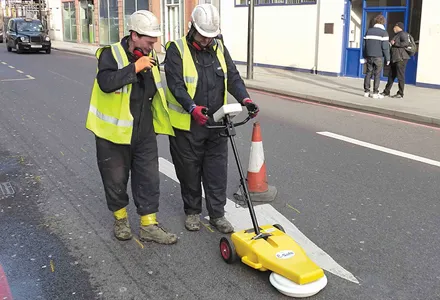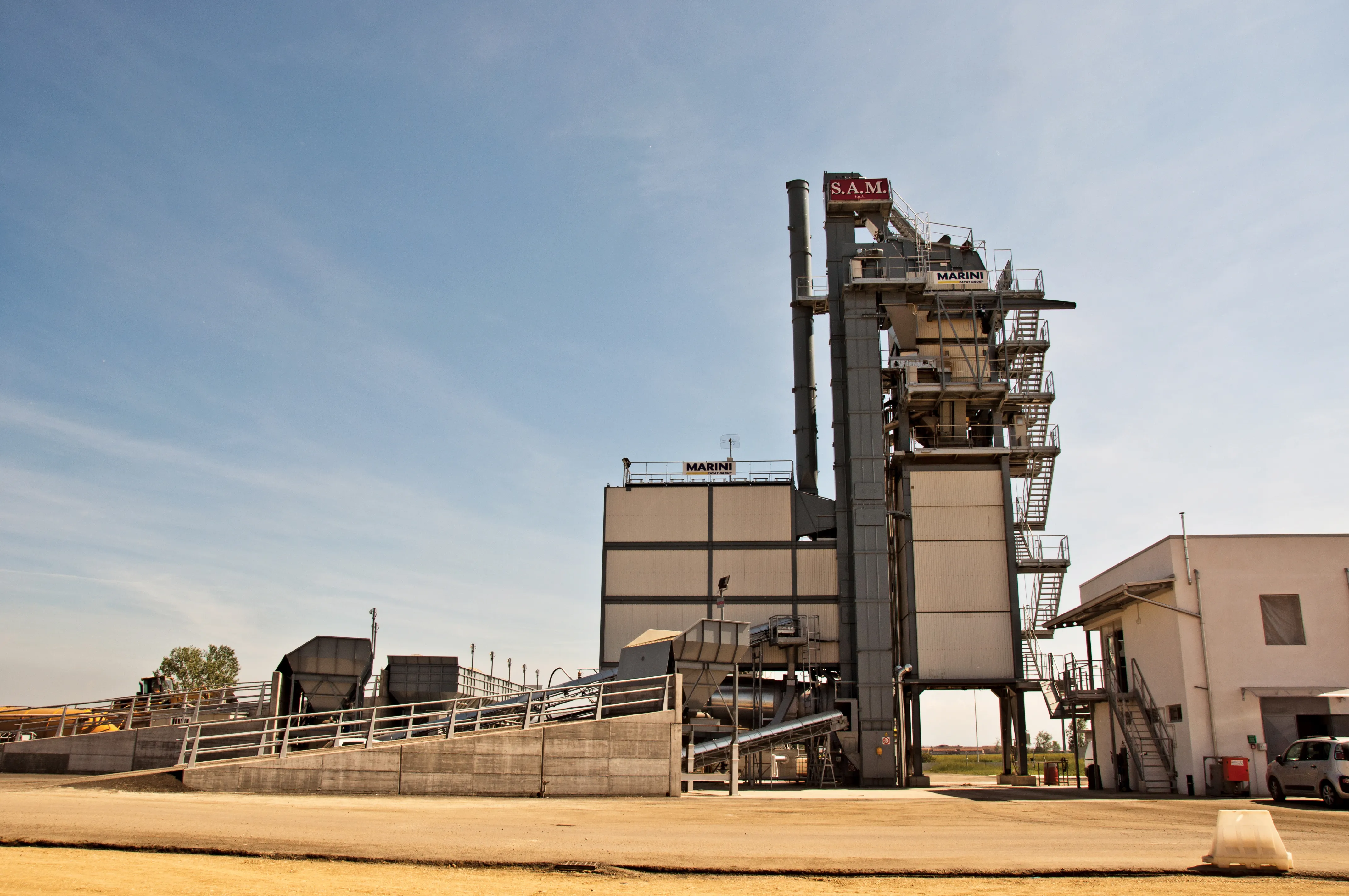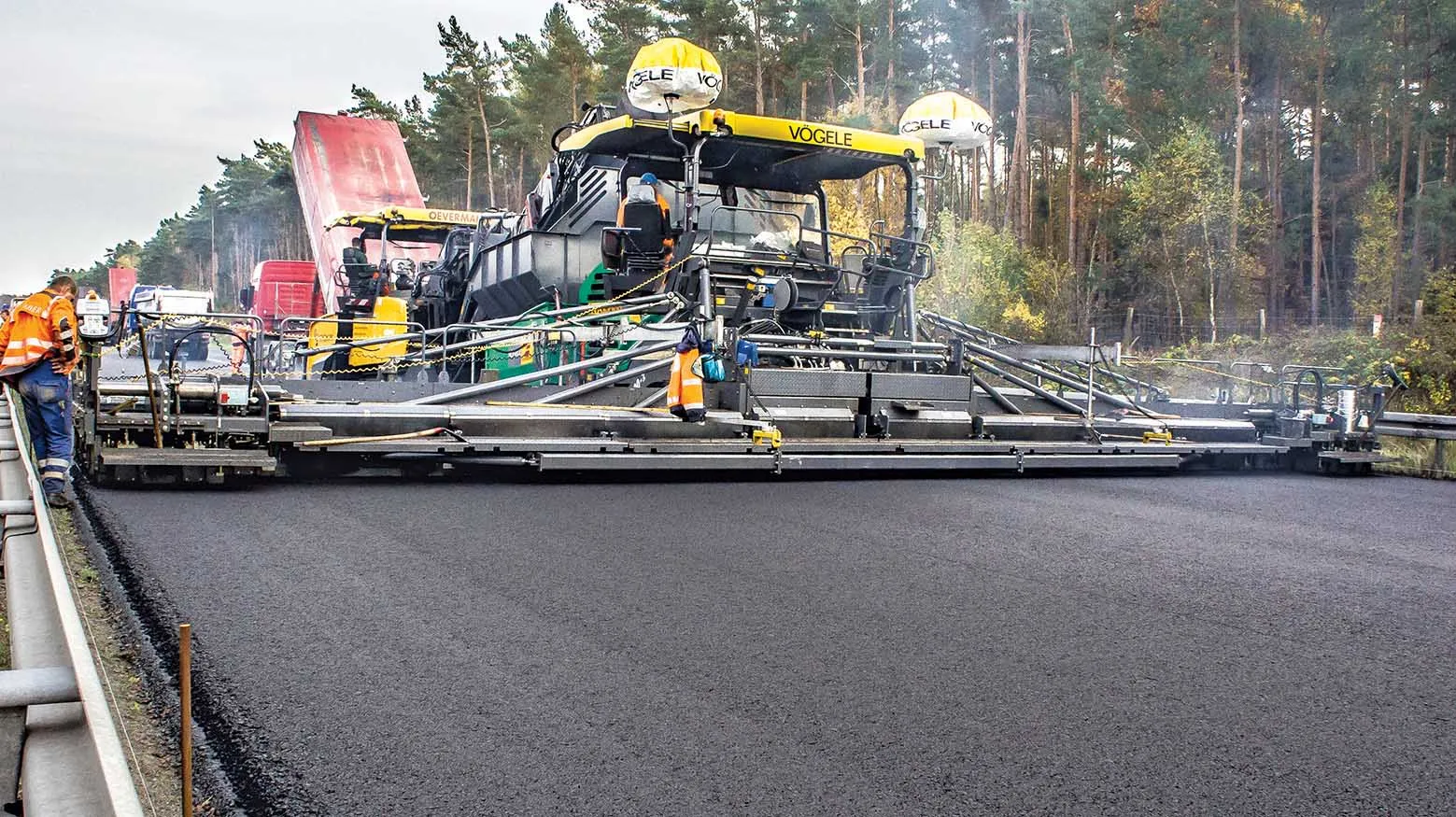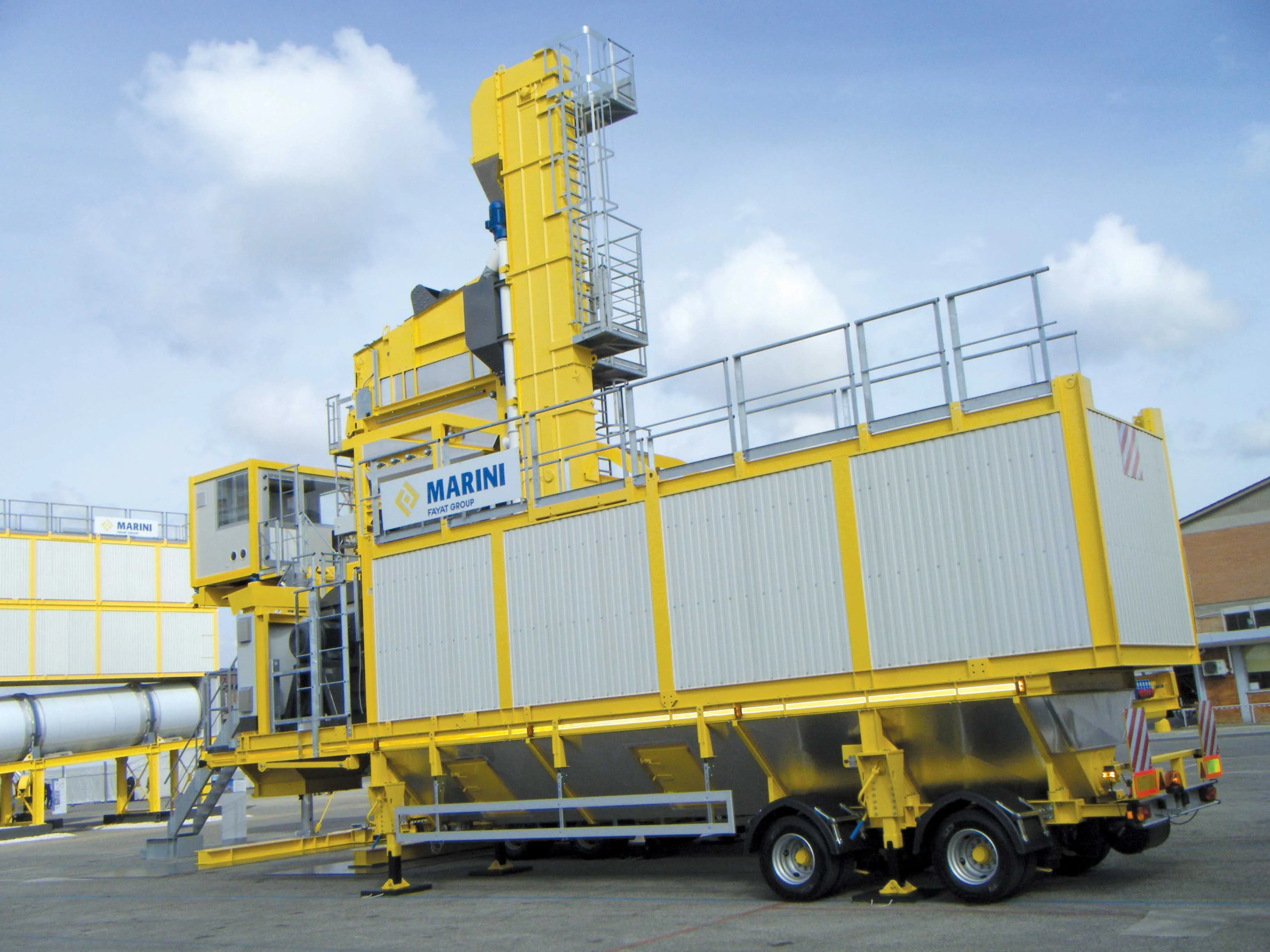The new award-winning Pipe Lifter is designed for fitting on a standard excavator with a simple quick-hitch coupling, while requiring no hydraulic links or additional energy requirements onsite. The innovative tool from the UK-based Concrete Pipeline Systems Association (CPSA) is said to ensure the safe lifting and swift installing of large diameter concrete pipe products.
August 21, 2012
Read time: 2 mins
The new award-winning Pipe Lifter is designed for fitting on a standard excavator with a simple quick-hitch coupling, while requiring no hydraulic links or additional energy requirements onsite.
The innovative tool from the UK-basedHaving already won the Best Health and Safety Initiative category in the Water Industry Awards 2012, the Pipe Lifter (PL) is being made fully available for hire or purchase through CPSA supply partner
Using the PL means there is no need for anyone to stand on the bed of the vehicle when offloading - the biggest cause of accidents on site. The CPSA claim it also eliminates the need for anyone to stand in a trench during jointing.
Requiring no slings or chains, the whole pipe laying operation is said to be around 50% faster than using traditional lifting methods. The PL is designed to handle UK specification BS EN1916 concrete pipes from DN 300 to DN1200.
The Manhole Lifter is a companion device said to make lifting manhole rings a safe and easy one-man operation for precast concrete manhole rings.









